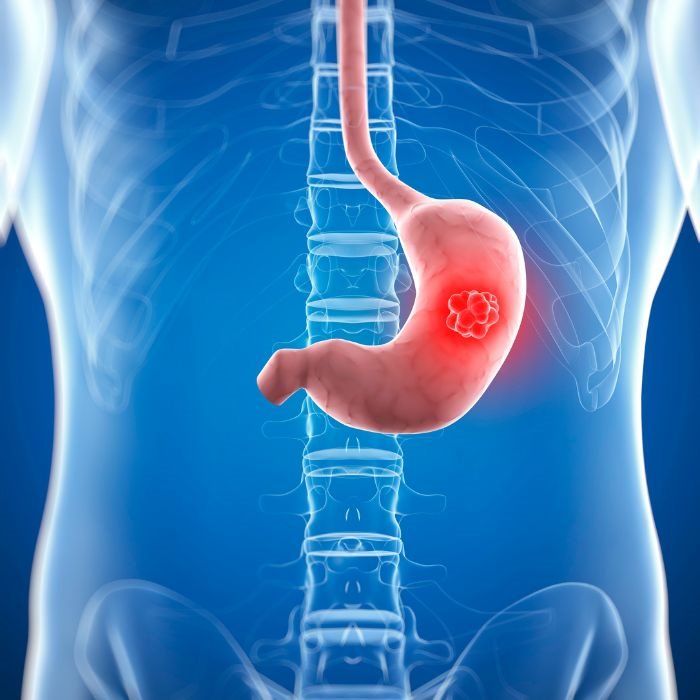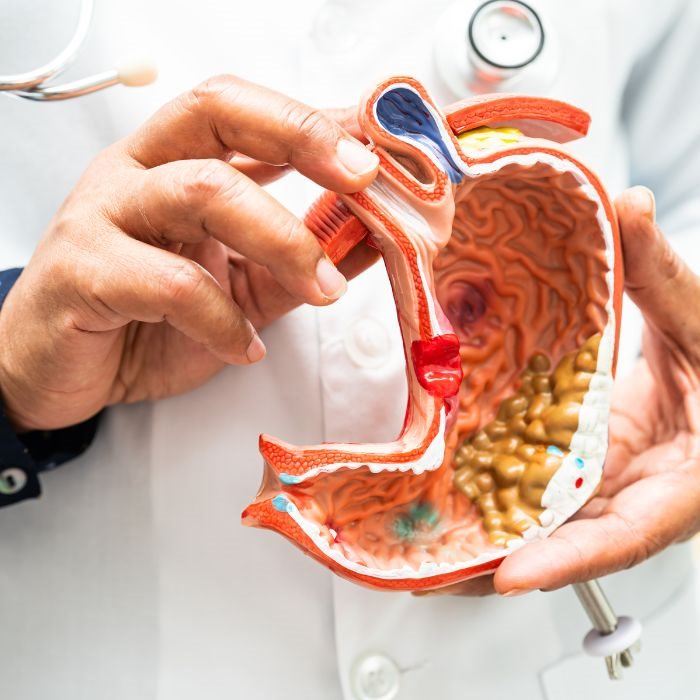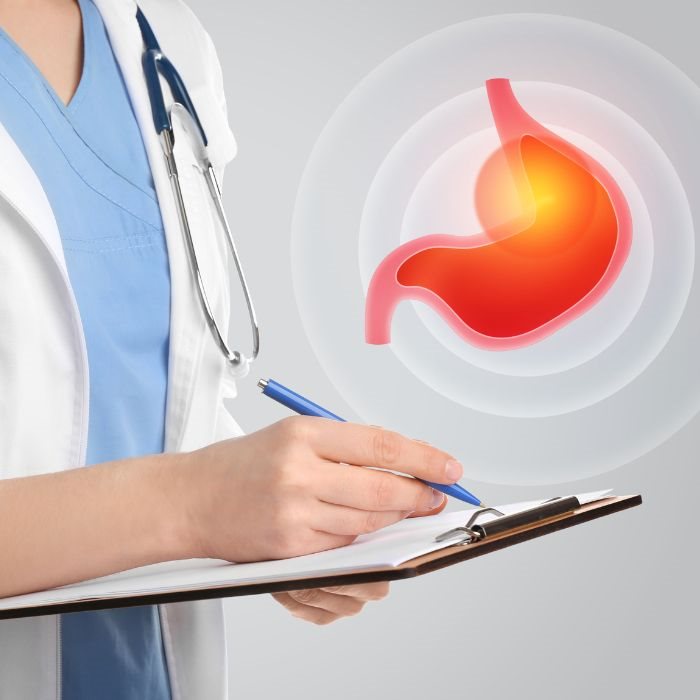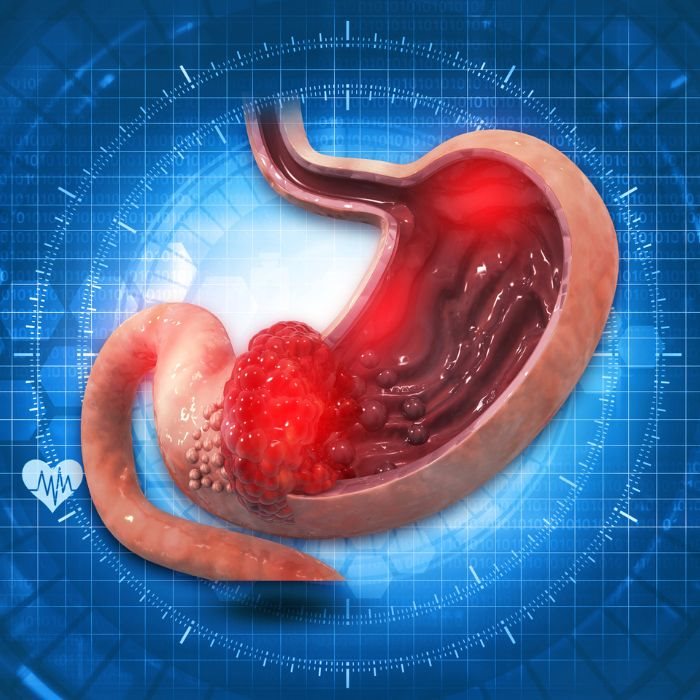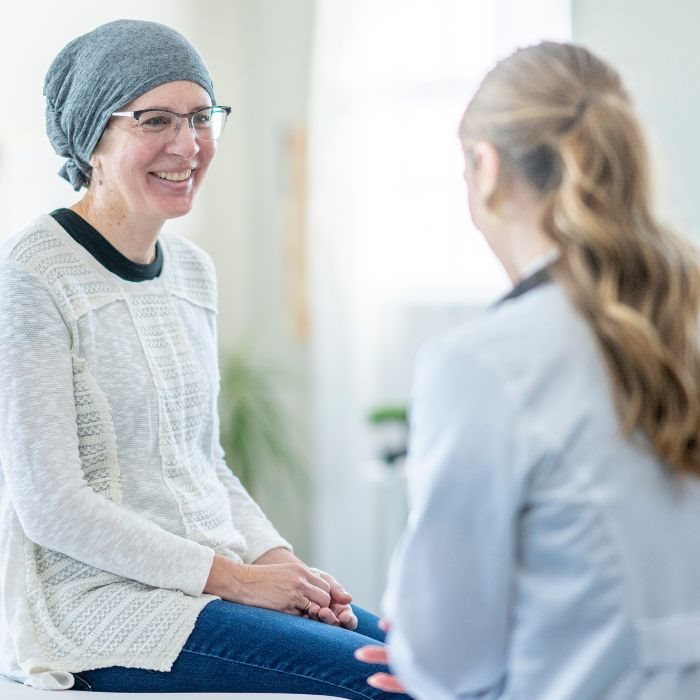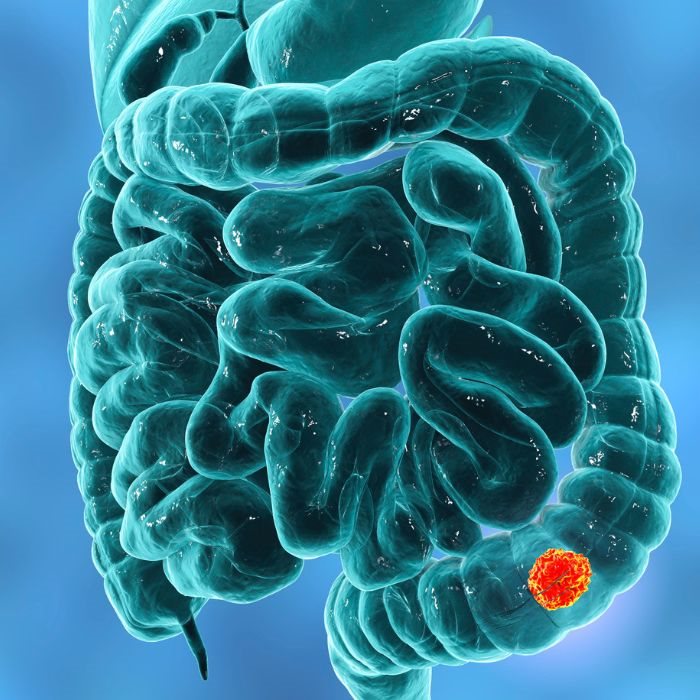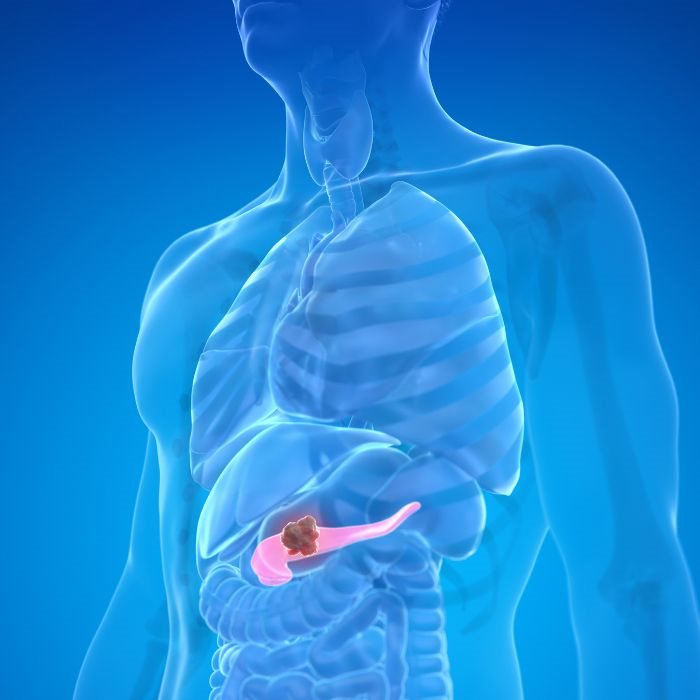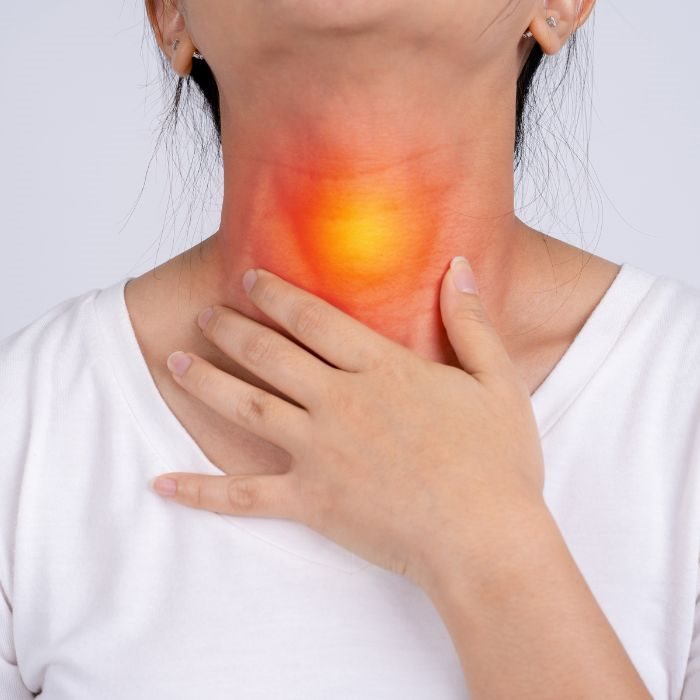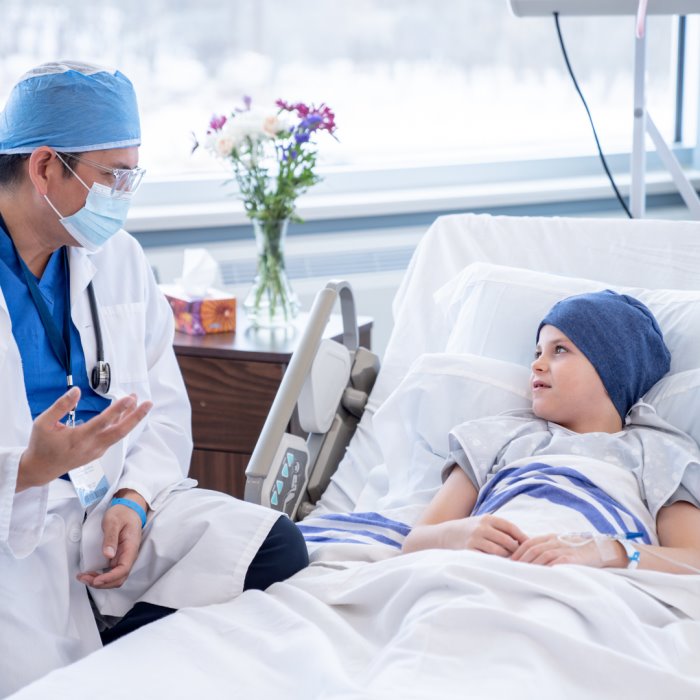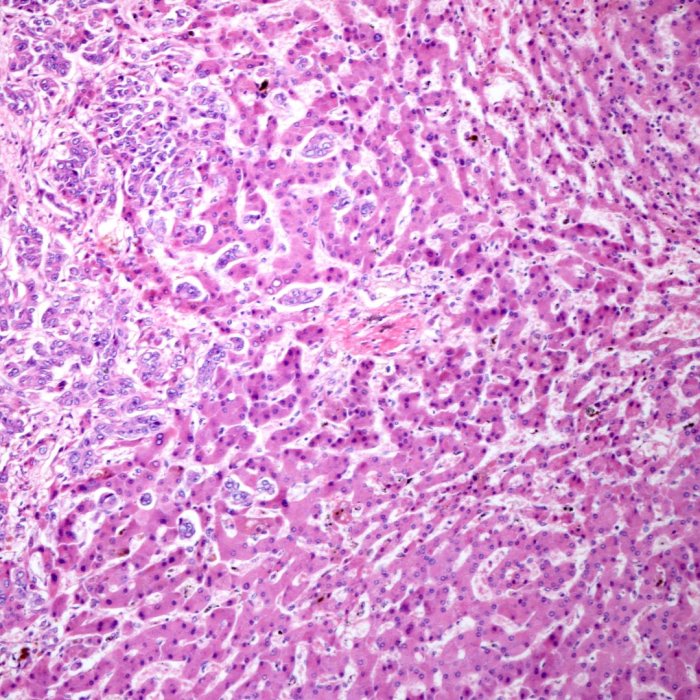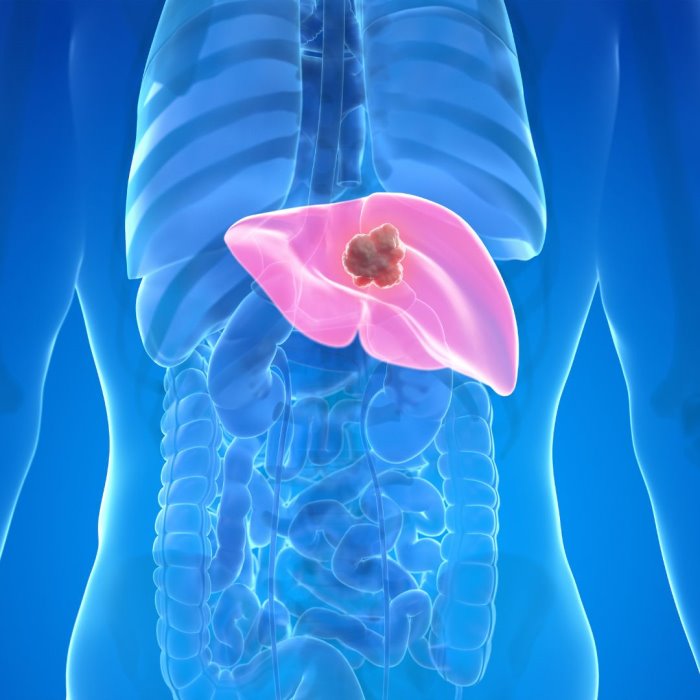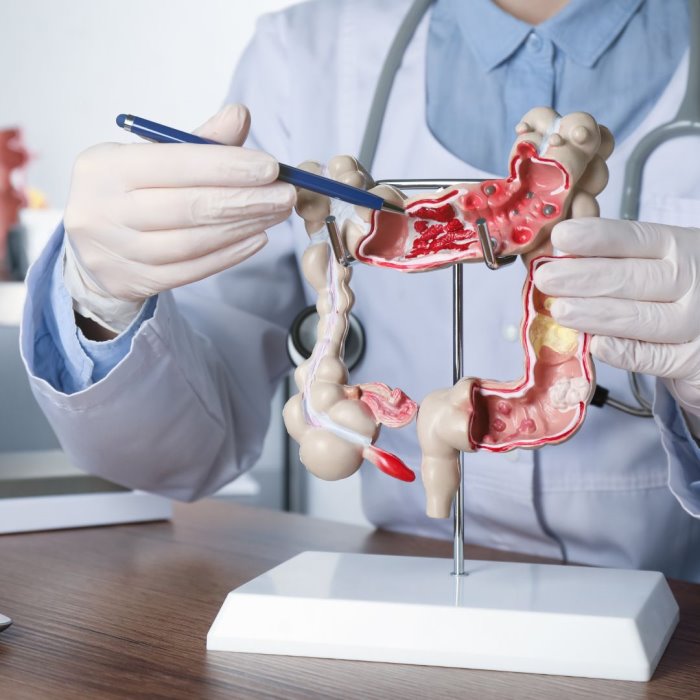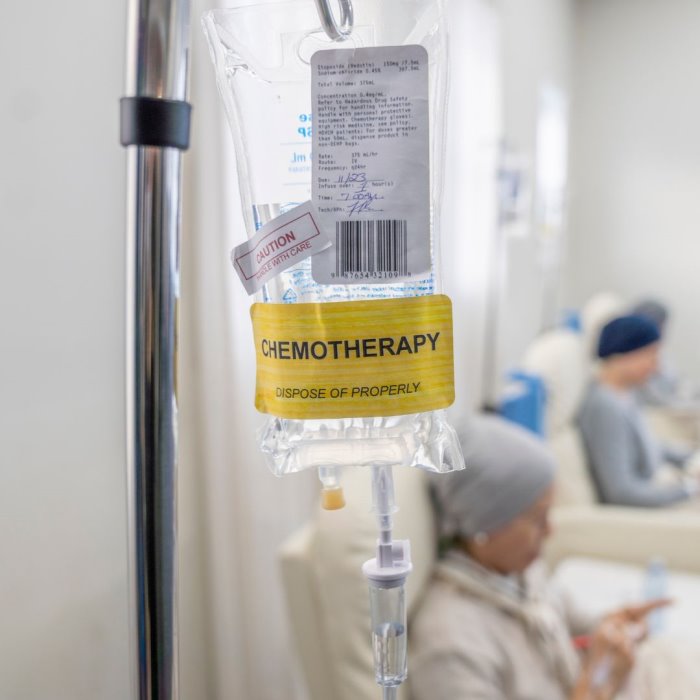Phone
+90 532 203 7931Gastric cancer, also referred to as cancer in the stomach, starts with the uncontrolled cell proliferation in the stomach. It grows mainly from the lining of the stomach and later propagates in the rest of the body. The leading cause of cancer mortality worldwide is by cancer in the stomach; hence, early diagnosis and a successful treatment process are very important. It is a multisystem disease with numerous subtypes, and each is treated differently in cancer treatments. Possession of information about its nature and the factors in its development would make a huge difference in the improvement in patient outcomes.
Because the disease is so serious, awareness about gastric cancer is important. Their symptoms overlap with less dangerous ailments; it would be longer, therefore, before they would be discovered and treated. Being informed about possible symptoms and risk factors might mean earlier diagnosis and treatment that would save their lives. Treatment and diagnosis is unpleasant to undergo, but a knowledgeable patient is more likely than not to survive it.
Early Detection
Early diagnosis of cancer of the stomach significantly enhances the survival rate after treatment. Much is expected that early diagnosis through screening regularly and having awareness about symptoms will ensure better survival. Early detection in cancer stages most likely enhances the chances of receiving surgery and other forms of treatment. Awareness about symptoms and treatment at early stages during the onset of symptoms, this shall be curable.
This ignorance about the early symptoms can cause the cancer to become so advanced that treatment is unlikely and the prognosis is unfavorable. It follows, therefore, that check-ups should be a regular routine, particularly in people with a family history of cancer in the stomach, in people who smoke, or in people consuming such food that leads to the disease. In fact, it is early diagnosis that assures a favorable prognosis and even survival.
Diagnosis and Symptoms
Recognizing the Signs
The symptoms of cancer in the stomach are generally non-specific and masquerade as less serious conditions in the gastrointestinal tract. Persistent indigestion, recurrent heartburn, or pain in the top of the abdomen can be the portents. Nausea and a feeling of vomiting, especially after eating, can be a bad omen. Loss of appetite and fullness soon after having a little bit of food is another symptom that cannot be dismissed. These are generally assumed to be less serious ailments but actually need medical evaluation in order to rule out malignancy.
Some of the symptoms include loss of weight without any reason, occurrence of blood in the stools or the vomiting, and overall malaise. In particular, occurrence of bleeding stools and vomiting is such that it triggers red flags and requires consulting a medical practitioner with a sense of urgency. Worth noting is that early detection of such symptoms is likely to allow early diagnosis and thereby treatment, thus allowing a favorable prognosis. A little knowledge and being proactive with respect to one's health goes a long way in allowing better outcomes.
Diagnostic Techniques
Diagnosis involves tumor confirmation and determination of spread through the application of tests and procedures. It typically begins with placement of a tube with a camera that is placed in the stomach in order to study the lining. A biopsy can be taken during the study in order to acquire a sample of tissue that is subsequently analyzed. Imaging procedures such as CT scans, MRI, and PET scans play a critical function in cancer spread assessment and treatment planning.
e diagnosis can be made through tests in the blood by detecting such markers as carcinoembryonic antigen, CEA. These tests, all in all, allow a doctor to be conscious about the spread of cancer in the body so that he can plan further therapy. Diagnosis is the cornerstone for any successful treatment, and it also prescribes in what way the right and optimal therapy is to be chosen.
Treatment Options
Operation
Surgery is typically the initial treatment for cancer in the stomach, if the cancer is detected early. The tumor, along with the surrounding areas, is removed surgically so that cancer cells are destroyed and cannot further spread. There are numerous surgical procedures that exist and all differ depending on the location and phase of cancer. Very early cancers are treated with the help of endoscopic resection, which is a method through which tumors are excised with the help of an endoscope. While partial gastrectomy surgery entails the excision of the portion of the stomach that is affected by cancer, total gastrectomy is the excision of the whole stomach, where the esophagus is directly joined with the intestine.
Surgery to check whether cancer has spread frequently requires removal of lymph nodes in Turkey. Recovery from surgery can be up to several weeks and complications range from infection, bleeding, and altered digestion. Follow-up after surgery is done in order to control these risks and allow recovery. While surgery is invasive, for most individuals it is literally a lifesaver.
Chemotherapy
Chemotherapy is the administration of drugs that destroy cancer cells or hinder their proliferation. It can be administered before surgery, so-called neoadjuvant chemotherapy, with the aim of shrinking tumors, or after surgery, so-called adjuvant chemotherapy, in order to destroy residual cancer cells. There exist various regimens for chemotherapy in the treatment of cancer in the stomach that consist in a combination of drugs such as 5-Fluorouracil (5-FU), cisplatin, capecitabine (Xeloda), and docetaxel (Taxotere). Out of all these drugs, each one is active in a specific way and in a specific proportion.
These include fatigue, vomiting, nausea, hair loss, and susceptibility to infection. All these side effects should be properly managed by supportive therapy and medication in order for the patient to enjoy a quality life during treatment. While the process is very demanding, chemotherapy is among the highly valued components in the fight against cancer in the stomach and facilitates favorable survival rates.
Radiation Therapy
Cancer cells are destroyed by irradiation by employing beams with high energy. It is either given before surgery in order to shrink tumors or after surgery in order to destroy any cancer cells left behind. More advanced radiation treatments, such as EBRT and IMRT, try to target the normal cells and destroy the cancer with much efficacy. These treatments provide more precision and outcomes with a decline in most radiation-induced side effects.
The most frequently occurring but non-inclusive side effects include skin reaction, fatigue, nausea, and change in bowel habits. Management of such side effects is important in ensuring the patient's quality of life during treatment. Radiation therapy, like complementary treatments, is a multi-dimensional therapy for cancer of the stomach; therefore, the patient has a variety of options through which their condition can be treated in the best way.
Target Therapy
Targeted therapies target specific molecules that play a role in cancer growth and cancer spread. These treatments stop cancer from growing and cancer from spreading but with little damage to normal cells. Examples include the use of trastuzumab (Herceptin) in HER2-positive gastric cancers, ramucirumab (Cyramza) by binding itself to the VEGF receptor, and imatinib (Gleevec), which is prescribed for gastrointestinal stromal tumors (GISTs). These treatments represent a highly individualized type of cancer treatment with the treatment depending on the genetic composition of the tumor.
Targeted treatments likewise produce fewer unwanted effects than traditional chemotherapy. Not all individuals shall be a candidate for target treatments, and their success also hinges on genetics and tumor type. While these are negatives, target treatment is an important advancement in treating cancer in the stomach and does hold promise for more targeted and more effective treatment.
Immunity
Immunotherapy harnesses the body's own defense mechanism against cancer. It is achieved through drugs that enable the body's immune system to recognize and destroy cancer cells. Immunotherapy includes immune checkpoint drugs such as pembrolizumab and nivolumab, which block molecules that dissuade the immune system from attacking cancer cells. Cancer vaccines, which make the immune system fight cancer antigens more aggressively, are also being investigated.
It is a very active area, and more and more clinical trials are attempting to establish whether it is capable of curing cancer in the stomach. The trials provide a means for individuals with cancer to be treated with the most advanced treatments and advance medicine also. While new for the cancers in question, immunotherapy is a promising new frontier for improved survival and hope for cancer patients.
Support and Lifestyle
Healthy Foods
Nutrition is one of the primary treatment approaches and improves the quality of a patient with stomach cancer at times. Diet, but, controls symptoms and the immune response for increased quality of life. Some nutritional advice is: eating smaller, more frequent meals that are less burdensome for the stomach; a fruit, vegetable, lean meat, whole grain diet; and steering clear of trouble foods that consist of spicy, acid, and fatty foods.
This can be achieved with the assistance of a registered dietician, who can plan meals according to the patient's preference and requirement. Follow-up consultation can be planned with a focus towards solving nutrition issues and maximizing dietary management during treatment. Nutrition plays a very critical role in overall cancer treatment in order to support recovery and improve outcomes.
Emotional and Psychological Support
It is a serious issue to be confronted by a patient and his/her family. The family has to provide the much-needed counseling support that would go a very, very long way in wiping out stress, anxiety, and depression. That is available help is counseling and therapy by trained counselors and psychologists, support groups that introduce the patient to others undergoing the same, and a strong support group of family and friends providing practical help and support.
These mind-body competencies in meditation, yoga, and mindfulness can be applied for further stress management and psychosocial adaptation. These competencies, if incorporated in the lives of cancer patients, can greatly improve the quality of their lives. Emotional support is a very crucial component of the cancer process that benefits the patient as well as their family members in their ups and downs during the treatment and recovery phases.
Research Advances
Clinical Trial Clinical studies represent one of the primary mechanisms through which newer treatments and developments in current treatments are found. In addition to ensuring that the patient receives the best available treatment for their condition today, clinical studies also help in the learning process about various diseases. Clinical studies exist in various phases, all of which assess the safety, efficacy, and long term effect of a novel treatment. Patients must balance benefits against risks with their health care provider in evaluating the opportunity for clinical study participation.
Clinical trials provide the patient with the opportunity to be treated with experimental, innovative treatments that cannot be accessed in regular medical treatment. Along with that, however, comes the possibility for negative side effects, and the efficacy of the novel treatments cannot be fully anticipated. Disturbing as that is, clinical trials in their extensive variety, however, represent current treatment for stomach cancer and enhancement of outcomes. Future Outlook There is continued investigation for novel treatments for cancer in the stomach. Along with many novel approaches that are being investigated, among them is gene therapy against specific genetic changes already occurring in cancer in the stomach and individualised medicine, tailoring treatments according to the individual patient's own unique genetic makeup and type of cancer in Turkey. Other studies consider the advantage of combination treatments, with two or more forms of treatment being applied.
These developments aim at better survival and quality of life in gastric cancer patients. The many current studies and clinical trials hold promise for better results and novel forms of treatment. Education about these developments and the possibility of participating in a clinical study can give the patient the opportunity for benefiting from novel developments in cancer treatment.
